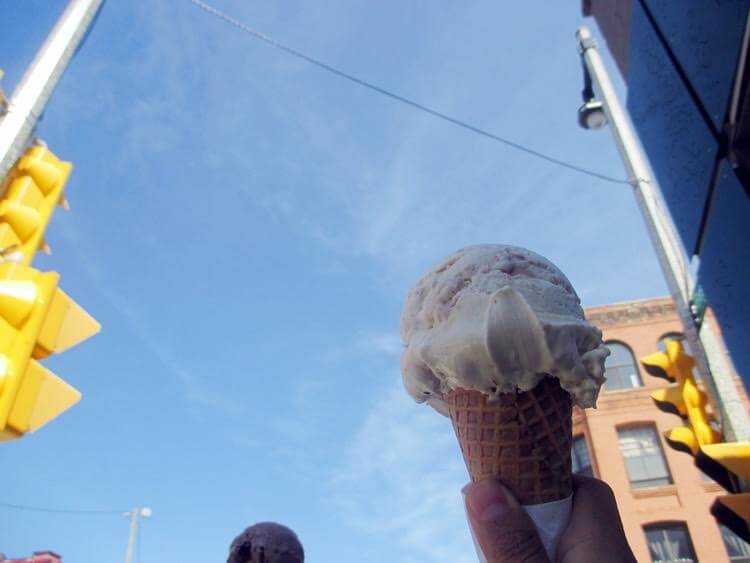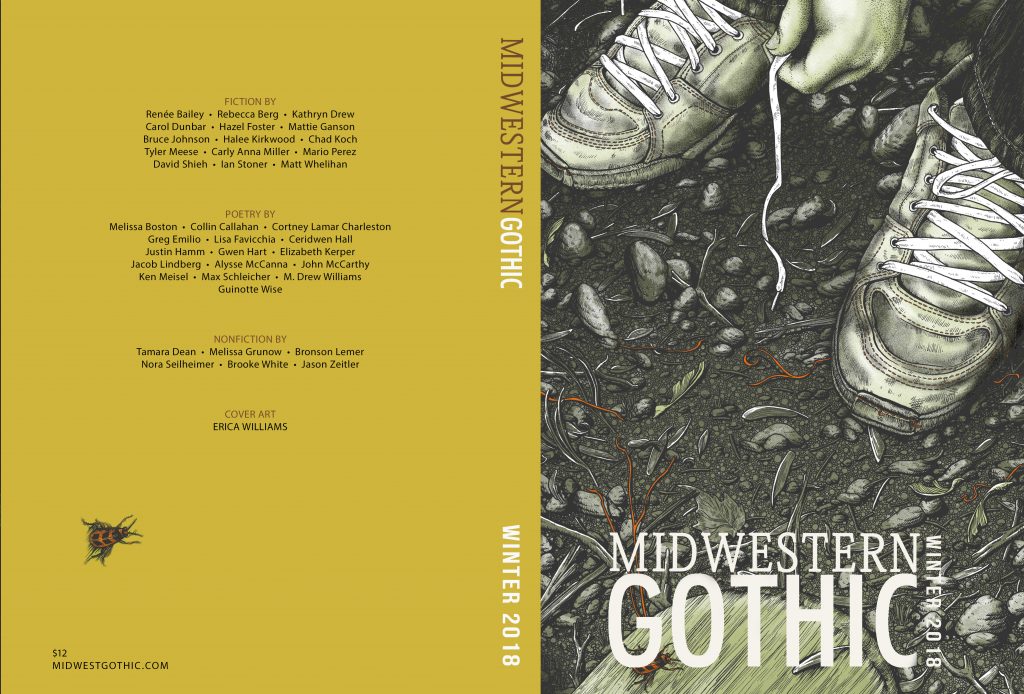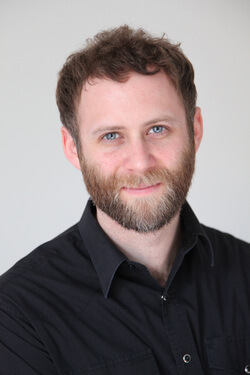 Midwestern Gothic staffer Carrie Dudewicz talked with author Will Boast about his new novel Daphne, the relationship between journalism and fiction, how to reconcile a Midwest identity with international travel, and more.
Midwestern Gothic staffer Carrie Dudewicz talked with author Will Boast about his new novel Daphne, the relationship between journalism and fiction, how to reconcile a Midwest identity with international travel, and more.
**
Carrie Dudewicz: What’s your connection to the Midwest?
Will Boast: An unusual one, perhaps. I was born in England and grew up partly there and in Ireland. When I was seven, we moved to Wisconsin for a job my dad was offered here in the States. We essentially came sight unseen, and I remain the only member of my extended family living in the U.S. I went to grade school and high school in Wisconsin and college in Illinois. Then I lived in Chicago for a couple years, before hopping around a bit geographically. Now I’m back in Chicago, where I have a teaching gig at the University of Chicago.
CD: You’ve lived all over the world — the UK, Germany, New York City, the west coast, Rome, and more. How does your experience as a world traveler affect your view of the Midwest? What is most striking about the Midwest to you?
WB: Until I was about seventeen or eighteen, I would’ve called England my real home, even though I hadn’t lived there for over a decade. Later, I felt a Midwestern identity quite fiercely, especially when I was living in San Francisco — which I’d moved to along with several Wisconsin friends — in a kind of strange and abrupt exodus. Regional identity — really any kind of identity — is such a slippery thing that we often seem to define it in the negative. I know who I am because I’m not this other thing, I’m not of some other place or position. Sometimes that’s powerful and necessary; and sometimes, of course, it’s absurd and even dangerous.
I suppose I would ascribe some truth to the things that get commonly said about Midwesterners — that they invest fairly heavily in decency and friendliness, while at the same time being less demonstrative and more guarded than those in other parts of the country. Then again, if I visit L.A. (or the Gambia or Myanmar), I’m usually bowled over by how surprisingly friendly everyone is. And a kind of watchful, proud, hunched stoicism is a trait that seems to get pinned to a lot of different cultures (often, it must be said, the ones in cold climates). So I’m not sure if these qualities are inherent to the Midwest (or any place), or if they’re perceptions that visitors bring with them. Or, I suppose, they might be borne out of that constant correspondence between inside and outside perspectives. Now I feel like I’m trying to paraphrase Calvino’s Invisible Cities!
I would say that, on a very broad level, I’m most struck by how much the Midwest keeps changing. German, Swiss, Swedish, and Irish immigration remapped the Midwest a hundred and fifty years ago. Now, of course, Midwestern towns and cities are just as likely to have sizable Hispanic populations, or H’mong or Somali or Yemeni communities and so on. I learned the other day that the suburbs northwest of Chicago support a semi-professional Indian cricket league. So, I’m often struck by just how multicultural the Midwest can be — but I think it’s more quietly multicultural than other parts of the world, if that makes sense.
CD: Is there a certain region/country/city that feels the most like home to you?
WB: To be honest, I’m either still searching for home or I’ve sort of given up on the idea. I haven’t really, truly unpacked and settled into one place over any other in maybe twenty years now. Most of my stuff has been in storage for nearly fourteen years. While I’m looking for ways to, you know, not keep living that way, I also have serious admiration for journalist pals who’ve, say, spent six months hiking Eastern European national parks to write a long feature. Or friends in the State Department who move to a new foreign capital every three years and learn an entirely new language along the way. I feel a bit like a homebody in comparison. Though that’s actually fine, because I sort of need to be in one place for a couple months at a time to get any real writing done.
At this point, I would say that there are a handful of cities I keep going back to again and again, and that in some ways that global City has become more home than anywhere else. A few years ago, I noticed that I was just as likely, even more likely, to see good friends in some random city, often abroad, that none of them actually lived in. I don’t think we’ve still quite reckoned, as a culture, with just how easy and cheap travel has become, how radically technology has changed how we communicate and live with one another over distance, and how unmoored certain parts of the population are from a geographic home.
CD: You’ve published short stories (Power Ballads, 2011) and a memoir (Epilogue, 2014), and your first novel, Daphne, is forthcoming in February 2018. Since you have experience in all of these genres, how does writing in each one differ from the next? Was writing one book more challenging than writing another and if so, how?
WB: Each form has its own demands, and you have to be cognizant that, for example, a character who can exist comfortably in a short story may not be large enough, to use a loose term, to sustain a novel. Or that the reader’s inclination to identify or sympathize with a first-person narrator doesn’t work quite the same in a novel as it does in a memoir. And there are a hundred other things that you’re learning, forgetting, re-learning, and playing with as you move from one form to the other.
It’s all challenging, beautifully so. Though I won’t go into detail about it, Epilogue was extremely difficult to write, and the difficulties didn’t stop once it was finished. I thought Daphne might be a bit of a reprieve, a chance to slip back into the slightly less revealing clothes of fiction. In some ways, however, Daphne is more autobiographical — even confessional. But maybe only to me or those who know me pretty well. So book tour will be a little less taxing this time around.
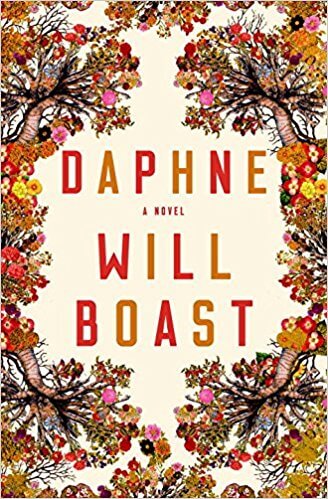
CD: Daphne is a reimagining of the classic Daphne and Apollo myth. What drew you to this subject matter, and to this myth specifically? Was it difficult to take a centuries-old story and transform it into something new?
WB: I was first drawn to the myth of Apollo and Daphne when I encountered Bernini’s sculpture (of the same name) at the Galleria Borghese in Rome. It depicts the very moment when Apollo, driven into a frenzy of lust by an arrow from meddling Cupid’s bow, is about to catch the river nymph, Daphne, who he’s been madly pursuing through her forest home. Daphne, in her terror, prays to be saved and is turned into a laurel tree. The sculpture, much like the myth, is ravishing, in both senses of the word, as lurid as it is beautiful, as beguiling as it is upsetting.
At some point, I made the connection between the myth and my Daphne, her struggle with high emotion and the way paralysis can be both a seizing up and a release — an escape. But I also wanted to recast the myth, to see it through Daphne’s eyes. I think we’re fascinated by myths because they feel so familiar and so foreign all at once. We see them as foundational, perhaps even primal, even though they were themselves part of a very particular culture. Recasting a myth speaks back to this deep cultural inheritance and asks what it still tells us, and what, perhaps, we would like to move beyond.
CD: In addition to all of your work in creative genres, you’re also a reporter and your work has been published in many reputable sources — The New York Times magazine, The New Yorker, Guernica, and many others. For you, what is different about writing creatively from writing journalistically? How does each type of writing inform others?
WB: I have an incredible admiration for journalists — real journalists — because I consider myself a novice in the form. I think the ambition, willingness, and/or courage to go out into the world and truly learn as much as you can and report back to the reader in ways that make us all truly more worldly is profound and necessary, now more so than ever. And to get fact-checked and really, really closely edited is one of my very favorite experiences as a writer. I think journalists, long-form narrative journalists especially, create as much as any poet or novelist does. They often experiment with form and language as much as “creative writers” do, and, likewise, they make meaning and understanding where, previously, there may not have been much. When you go into the field — when I reported on traditional nomadic sports in Kazakhstan recently, I spent a week in a literal field — you might talk to a hundred different people. And there are a hundred different ways to present what they tell you. By necessity, you winnow down what you find, but the best journalists keep as much complexity in as they can — just like the best poets, fiction writers, playwrights, and screenwriters do.
My admiration for journalists challenges me to do as much first-hand research as I can when I write fiction. The temptations to rely only on Internet research are high, but that kind of research often lends shallow results. Also, I think we live in a world where people are inclined to stake out an ideological position — often a very reductive and reduced one — and then simply look for any bit of information that makes their stance easier or more seductive to live with. I think it’s incumbent on any kind of serious writer to be more curious and patient than that.
CD: Advocacy is another important part of your career, as you’re a teacher at a refugee center in Rome. Why is this an important cause to you? What have you learned from your students?
WB: I spent a year in Rome on a fellowship that I was incredibly lucky to get. The previous summer the European migration crisis was very much in the news, and I knew that Italy was one of the centers of that crisis. I had two impulses that drove me to get involved. One was just the simple human concern we have when others are struggling and we might, in whatever tiny way, help out. The other was a journalistic concern, if you will, to learn more and report back. So I got in touch with this refugee center and offered my services, both as a teacher and a writer. I started teaching ESL there, once or twice a week, and continued for an entire year (and beyond, as an occasional sub). There was also some discussion of me leading a writing workshop at the center, but that became logistically difficult — mostly because the language barriers were so high, on my side as much as anything. Then I tried doing an oral history/storytelling project, which was partly successful but also, for various reasons, very tricky to pursue.
Because, really, most of the center’s guests come for very pragmatic needs: a meal, clothes, toothpaste, etc. There’s a big demand for help with language, especially English. And I felt that trying to gather and present stories (that were, inevitably, often about serious trauma) was compromising my effectiveness as a teacher. It became more important to me to be available to my students, foremost, as a practical resource. Though teaching was 95 percent of what I did at the center, I also helped with some of the “navigation”: helping people contact lawyers, attend appointments, and find other resources. And I ran a small study group for advanced students interested in continuing in or starting higher education. Actually, as I type this, I’m back in Rome for a month on a grant from Fulbright, helping with similar efforts at the center.
Reading and writing prose is, obviously, one of the best ways I know of understanding the world. But it can start to feel a bit solitary, even solipsistic, at times. I guess I’m a little hung up on the utility of what I do, and teaching at the center has been a great way to feel a little less selfish somehow. All of this said, I want to emphasize that are a lot of people far more involved with this kind of advocacy than I am. [COPY: I’m?] Also a novice in this realm!
What have I learned from my students? An incredible amount, and more than I can mention here, I’m afraid. Mostly I’ve learned, or continued to learn, how ignorant I am about the world.
CD: With your impressive and diverse bio, it’s obvious that you’re an extremely busy person. How do you balance all of these different jobs? How do these jobs connect or overlap? Where do you find joy in each of your jobs?
WB: Ha, thanks! To be honest, I feel incredibly lazy and idle most of the time. Ninety-five percent of this stuff gets written in my pajamas. There is no balance, really. Some things get finished relatively quickly, some take such an enormous amount of time and revisiting that despair is the only reasonable response to them. There’s a problem-solving element to writing prose, and I often find that really gratifying. My dad was an engineer, and I used to watch him have flashes of inspiration, sketch things out on a pad quickly, then spend weeks redrawing and recalculating. Strangely, I find word games and board games pretty tedious. But I really, really enjoy puzzling out a short story or an article or a novel chapter.
CD: What’s next for you?
WB: For now, I’m back to writing mostly fiction. I’m working on a second collection of stories and a new novel, both about travel and migration and how I think the 21st century has already redefined those concepts and literary traditions.
**
Will Boast is the author of, most recently, Daphne, a novel (Liveright/Norton, Feb. 2018). His fiction, reporting, and criticism have appeared in the New York Times Magazine, The New Republic, The American Scholar, and the Virginia Quarterly Review, among other publications. He’s held a Stegner Fellowship at Stanford and a Rome Prize Fellowship at the American Academy in Rome. He currently teaches at the University of Chicago.
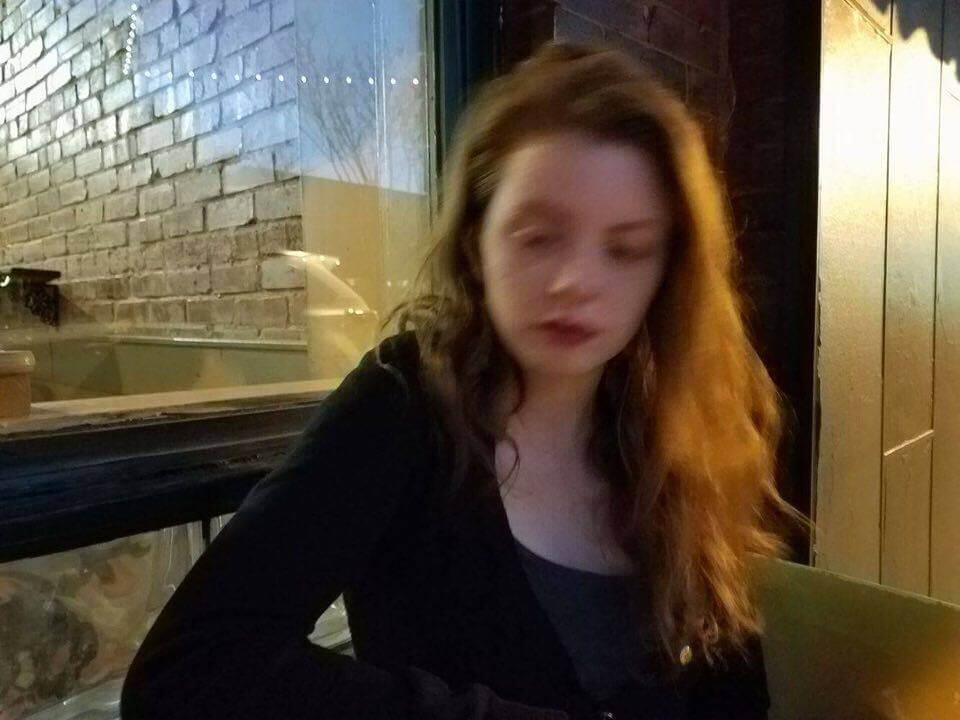 Carly Miller’s story “Inside the Smoker” appears in Midwestern Gothic‘s Winter 2018 issue, coming February 20th.
Carly Miller’s story “Inside the Smoker” appears in Midwestern Gothic‘s Winter 2018 issue, coming February 20th.

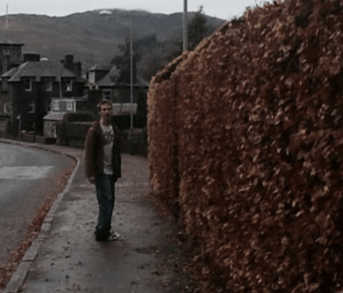 M. Drew Williams’ piece “A Bastard of Transit” appears in Midwestern Gothic‘s Winter 2018 issue, coming February 20th.
M. Drew Williams’ piece “A Bastard of Transit” appears in Midwestern Gothic‘s Winter 2018 issue, coming February 20th.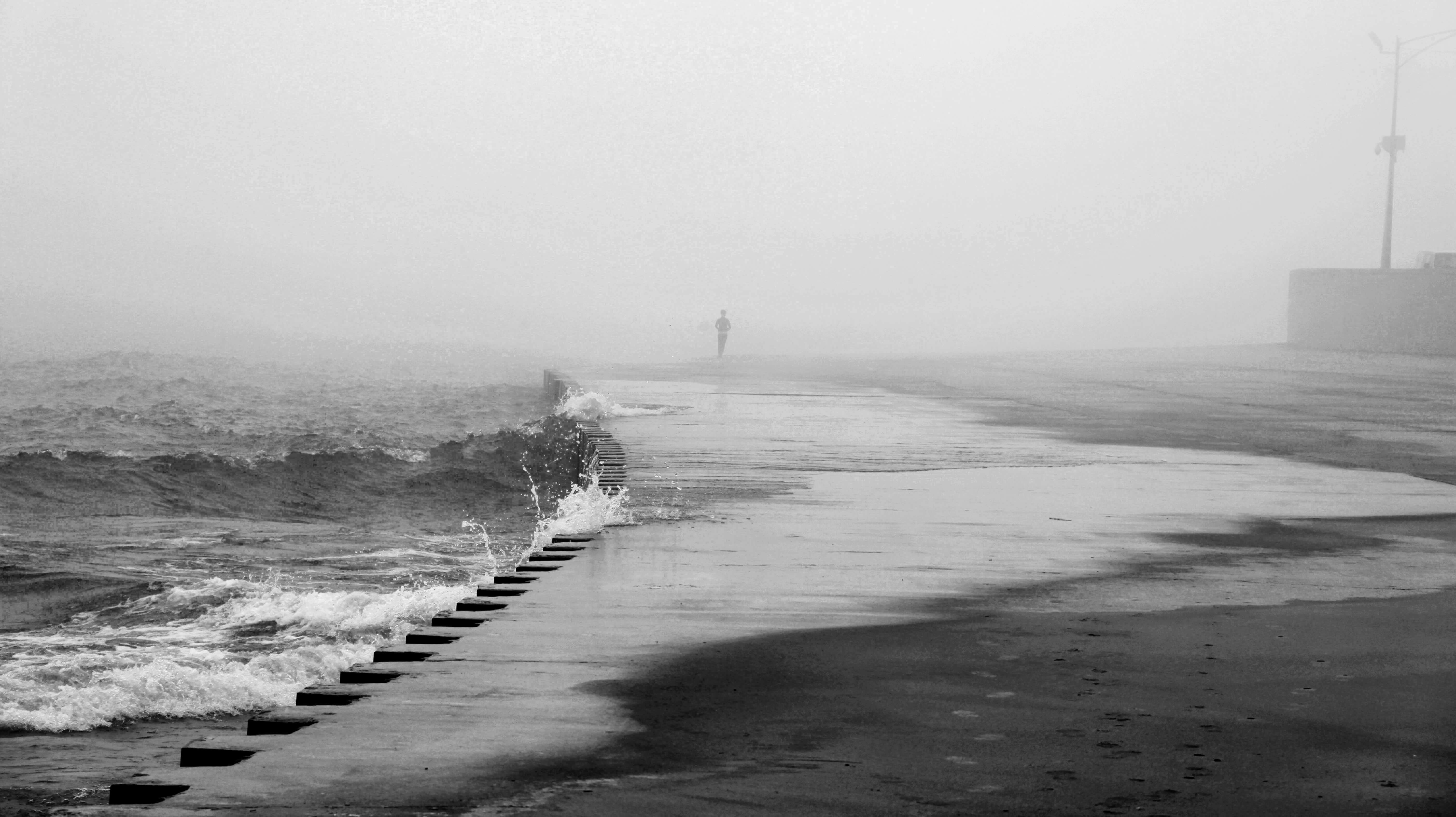
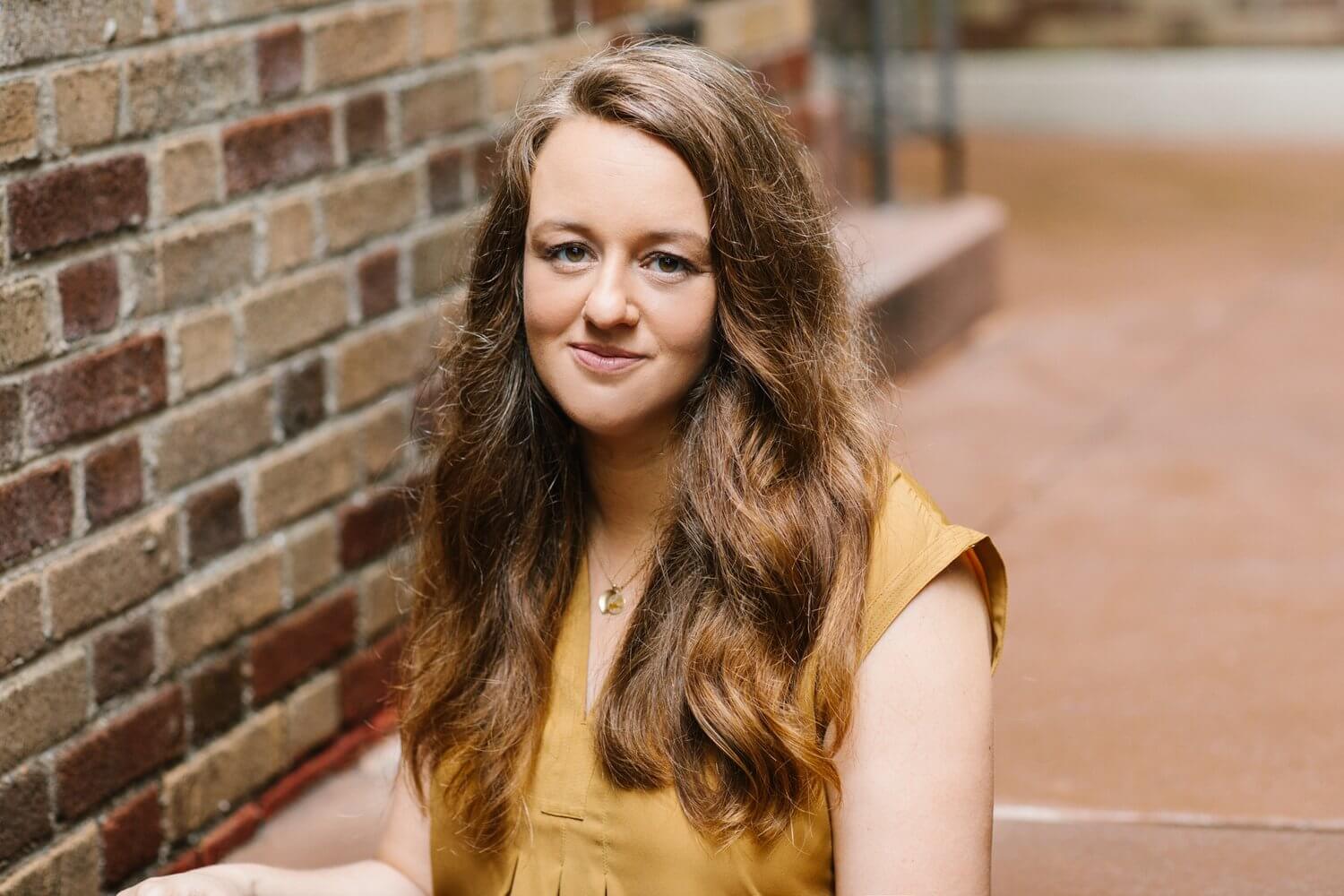 Midwestern Gothic staffer Carrie Dudewicz talked with author Danielle Lazarin about her book Back Talk, the relationships between intimacy and femininity, motherhood, experiencing the Midwest as a New Yorker, and more.
Midwestern Gothic staffer Carrie Dudewicz talked with author Danielle Lazarin about her book Back Talk, the relationships between intimacy and femininity, motherhood, experiencing the Midwest as a New Yorker, and more.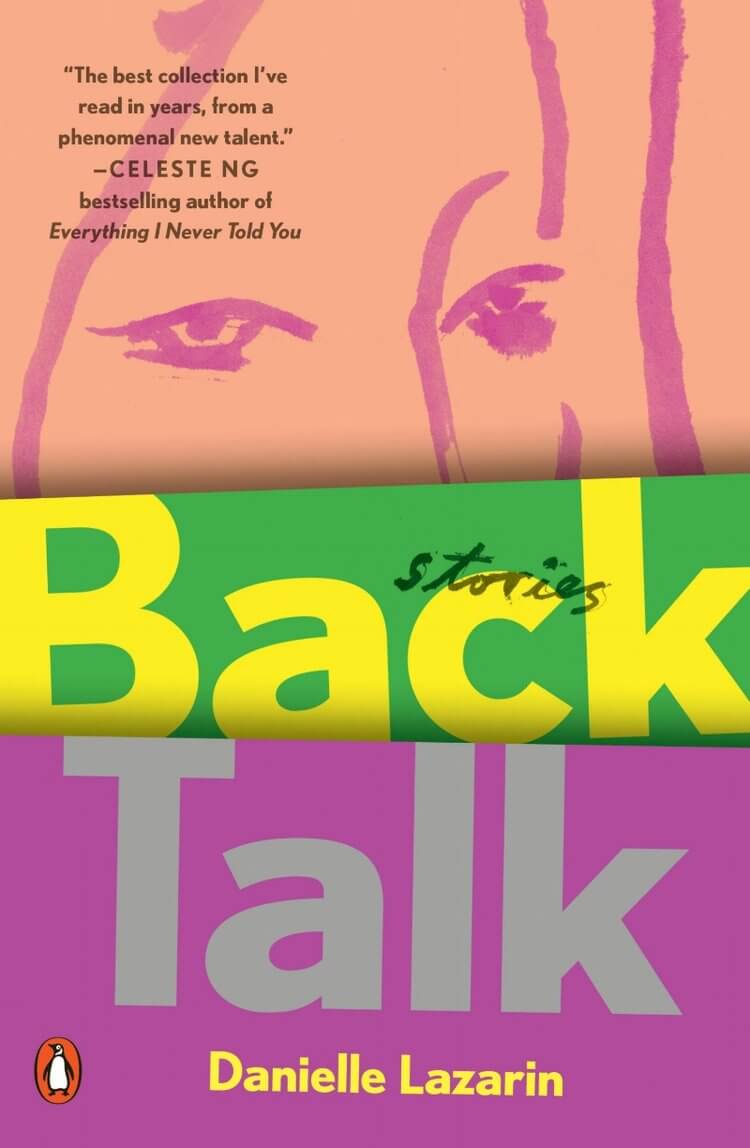
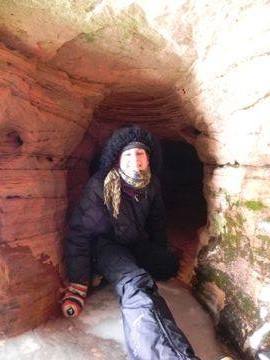 Halee Kirkwood’s story “The Old Main Street Opera House” appears in Midwestern Gothic‘s Winter 2018 issue, coming February 20th.
Halee Kirkwood’s story “The Old Main Street Opera House” appears in Midwestern Gothic‘s Winter 2018 issue, coming February 20th.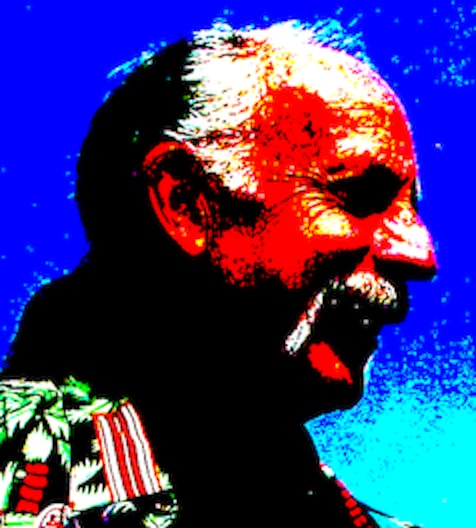 Guinotte Wise’s piece “Leaks and Dams” appears in Midwestern Gothic‘s Winter 2018 Issue, coming February 20th.
Guinotte Wise’s piece “Leaks and Dams” appears in Midwestern Gothic‘s Winter 2018 Issue, coming February 20th.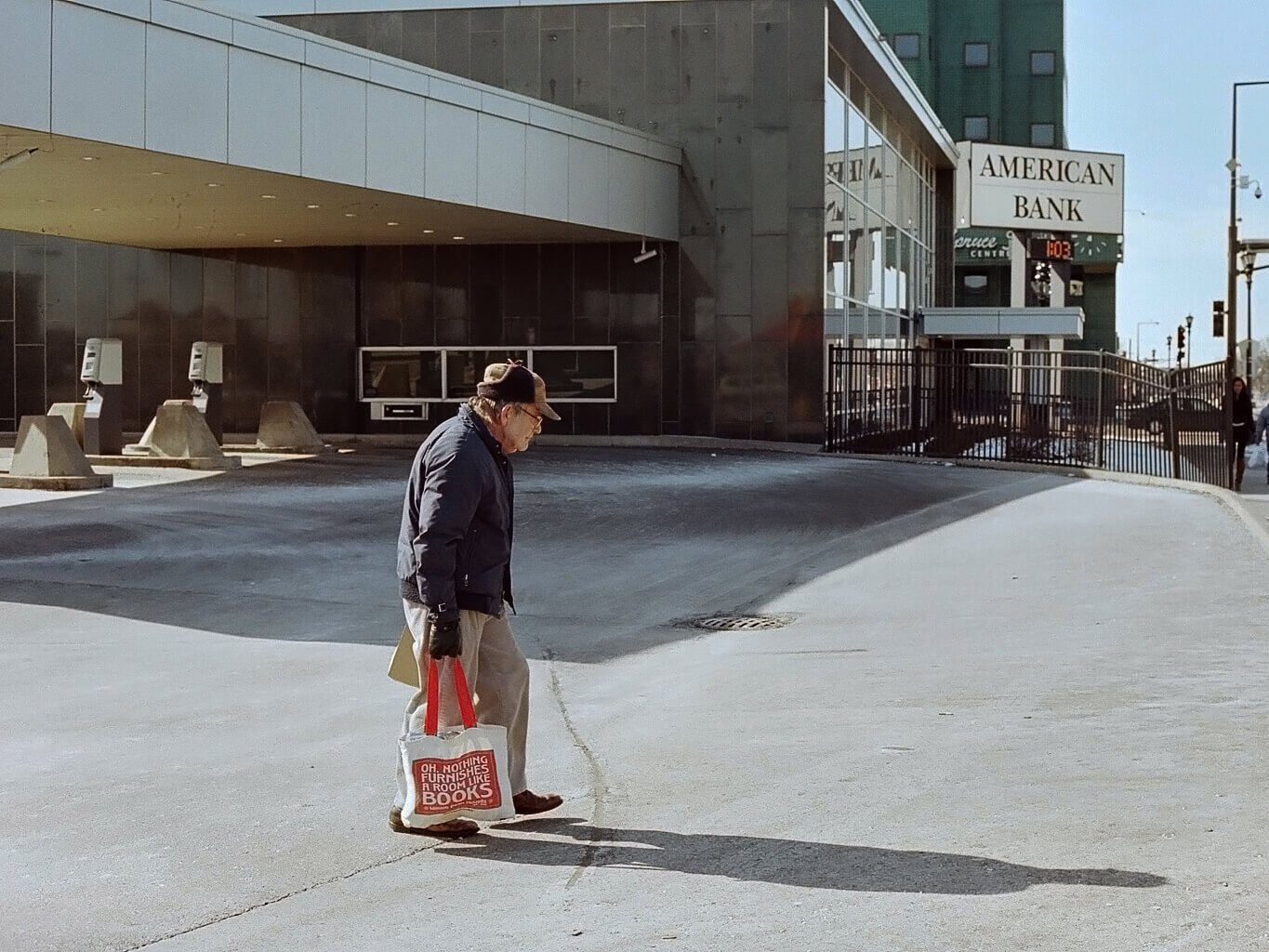
 Midwestern Gothic staffer Carrie Dudewicz talked with author Will Boast about his new novel Daphne, the relationship between journalism and fiction, how to reconcile a Midwest identity with international travel, and more.
Midwestern Gothic staffer Carrie Dudewicz talked with author Will Boast about his new novel Daphne, the relationship between journalism and fiction, how to reconcile a Midwest identity with international travel, and more.
